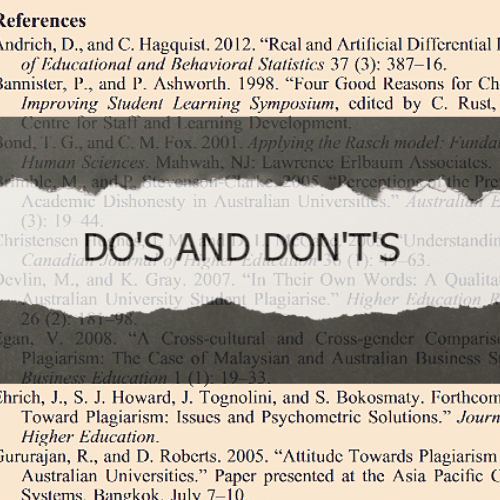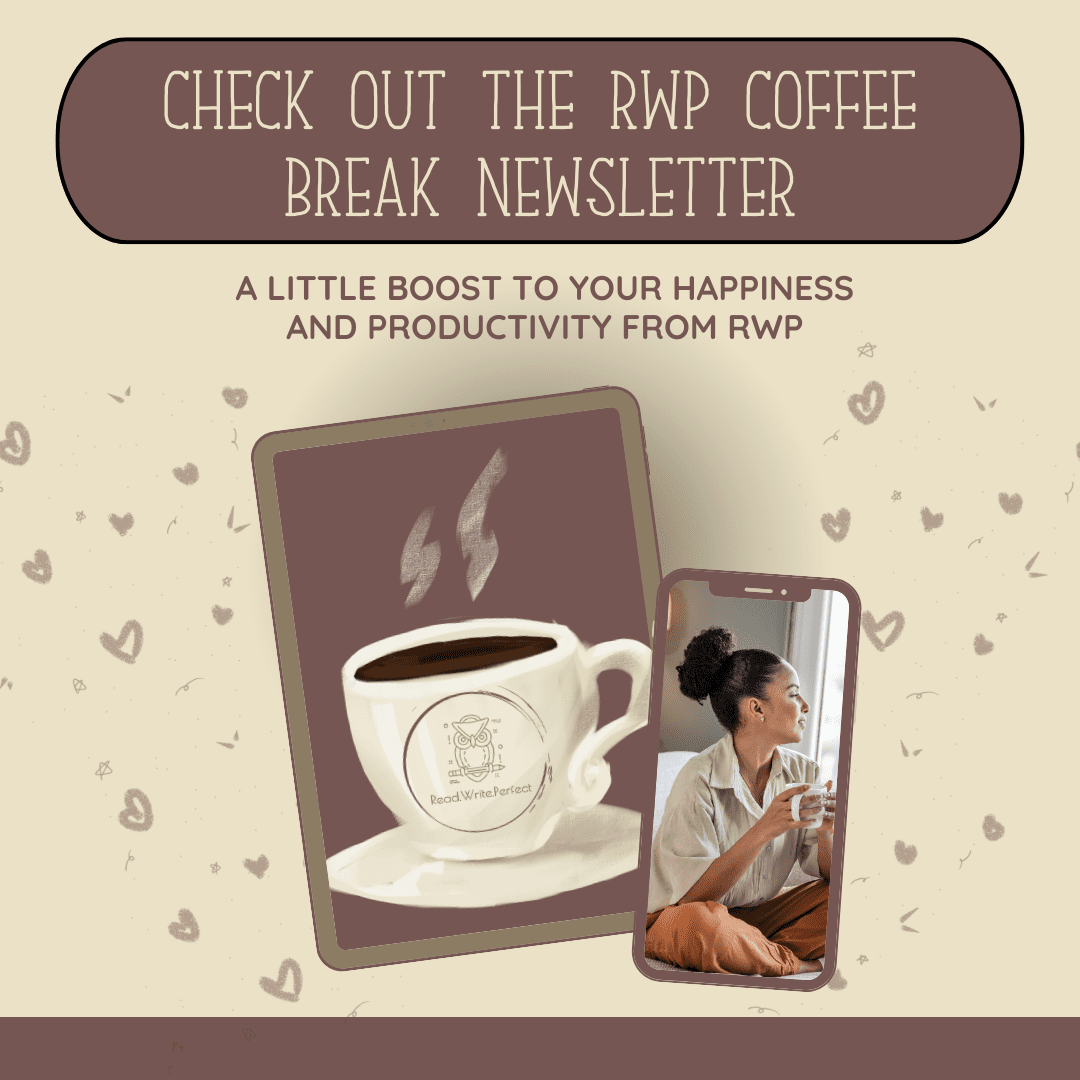
Here are some dos and don’ts to help you keep your dissertation reference list under control.

Write that stuff down, like – now. If you get into the habit of recording the reference information before you get distracted by content, you are much less likely to forget it altogether.





It may seem like a pain at first, but after about the first 50 references, the formatting will become second nature, and you’ll save a lot on your final proofreading bill.





Spend 10 minutes now and find out the style they want you to be using. Then, see above.





Remember to stop every few pages or after each chapter section and double-check your references and citations. Are all names spelt correctly? Do the years in the citations match those in the notes/bibliography? Do your links lead back to where you think they do? Checking these is so much harder when you’re ten pages down the line!





It’s worth the few extra seconds it takes to add your citations and references as you go.





No matter what the advertising claims, they rely on you or the person who wrote the source record having entered information correctly. If the title was entered in all caps, or the author metadata was not tagged correctly, or the style guide changed more recently than the software was updated, then your references will be wrong, and you’ll have to fix them anyway. Since you will have to double-check each and every reference created by the tool to avoid this, just save yourself the bother and do them manually. (It’s really not that hard.)





Proofread citations and references after you have finished drafting. Do this as a step all by itself, rather than combining with the rest of your proofreading. Check especially for incorrectly spelt names and incorrectly copied publication years, stray commas, extra or missing spaces, and capitalization errors – these are the most common reference proofreading errors.





Use your style guide and your common sense, do your best, and then applaud yourself for your high standards and dedication to thorough research.
Need help with the mechanics of dissertation research and writing? Find out how a dissertation coach can support you by booking a free discovery call today.

